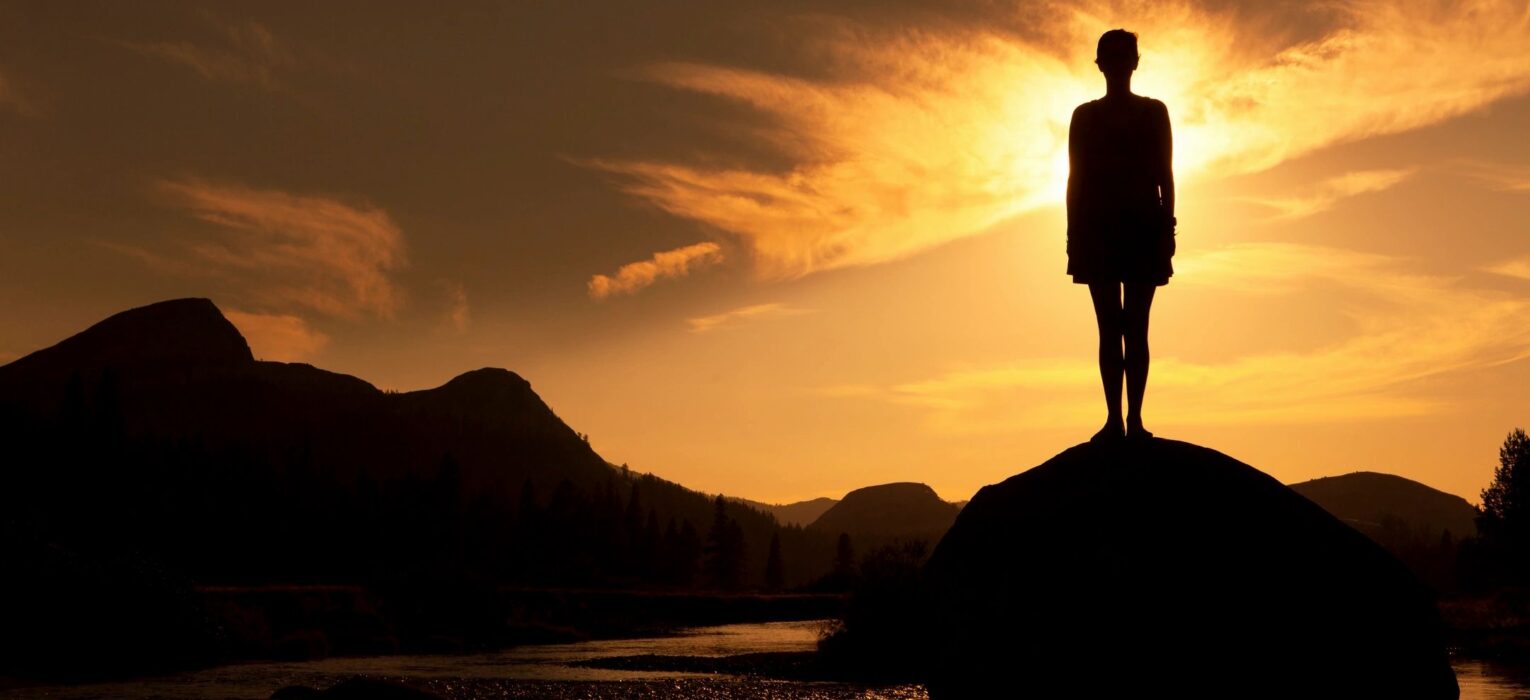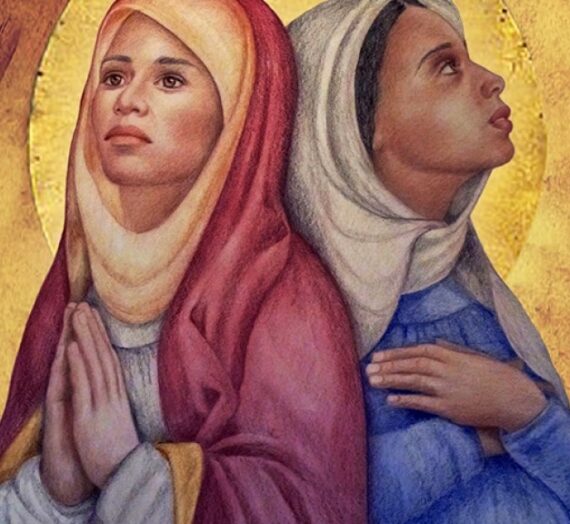When I read that George Floyd called out for his mama during his last moments of air, the mom in me convulsed in repeated shockwaves of rage and grief as I repeated the story over and over in my mind, thinking maybe in this repeat a mom will come running at George's plea and put a stop to it. Larcenia Floyd’s sweet baby was brutally stripped of life and dignity in the cruelest of ways. Becoming a parent in just the last year has shifted so much in me; I didn’t think my complete hatred and disgust over systemic injustices and racism could run much deeper until I brought a child into this world. Racism has been killing our babies.
And then I froze.
I watched as my social media feeds filled with thoughts, amazing resources, prayer nights, discussions, book clubs. People who I never thought would talk about racism were. I thought it was important that Women Disciples made some kind of contribution to the dialogue, but I stared a blank screen with rapid fire thoughts projecting me in different directions.
“Don’t center this about you.”
“Be a bridge.”
“But don’t water down the message.”
“Wait. Can you be a messenger?”
“Promote Black voices.”
“Don’t be a white Messiah.”
“But silence is violence. Say something.”
“Don’t add to the pain.”
“You know you have blind spots. Don’t. Be. Racist.”
In my quest to get it right, I ended up shutting down. And that is my white privilege showing bright, isn’t it? I can still ignore and look the other way because this doesn’t have to change life for me. Perhaps you can, too.
Except for one important thing.
I follow Jesus.
A dear friend recently challenged and encouraged me to share why racism matter to me; she has never known me to shy away from the topic and was surprised by my silence. As I reflected on her gentle questions, I realized the reason fighting racism matters to me is because of my faith. Jesus changes everything.
As a young girl, I loved Jesus. He was the one who scolded his disciples and blessed the babies anyway. If he could use a little boy’s lunch to feed thousands, I dreamed about what he would do with the contents of my Minnie Mouse lunch box. He noticed the short guy on fringe of his community when everyone else would have just walk by. As a child, it was very clear to me that Jesus didn’t just love everyone—he looked specifically for and cared for people that were ignored, neglected, and worse. I didn’t quite have the sophistication to understand that this was the kingdom of God, an upside down kingdom that is as different from the kingdom of this world as light is to darkness. As I learned about racism in school, I never questioned where Jesus would have been long before the first shot of the Civil War to after the Civil Rights Movement. At every step, Jesus would have been with the community in the utmost pain and experiencing some of the most shameful injustices. He would have been loving and serving the Black community, the Native American tribes, the Latinx community, the Asian American community. In the most simplistic of ways, I just assumed that because I loved Jesus that I would follow wherever Jesus went.
As a grown woman, I love Jesus even more today. He healed daughters. He taught women. He’s the Savior who crossed race and gender lines to remind his followers of the inherent worth of a Samaritan woman. Jesus highlighted the contributions of the poor, and then in a parable, he uprooted racism in the hearts of his followers who would have the audacity to ask, “Who is my neighbor?” Through his blood on the cross and resurrection over death, he gave birth to a multi-lingual, multi-cultural church and called us to be reconcilers both to God and to all people in every nation. Because I love Jesus, I want to go where he goes.
As followers of Jesus, if we do not address racism within ourselves, in the church, and the wider Christian community, we are missing an opportunity to become more like Jesus and authentically point others to him. Can we really wholehearted believe in Jesus without doing what he did—loving and serving the overlooked, under-heard, and devalued in our world? We cannot confess a Christian faith without doing anti-racist work. I do not have all the answers. In fact, I promise you that I will make mistakes along the way. I hope my brothers and sisters of color feel safe enough with me to point out my mistakes. In the meantime, I will continue to cultivate those friendships and take a stance of listening with my mind and my heart. This summer, Women Disciples will be doing a Bible study on racism. After a few posts discussing general steps and resources for studying the Bible, we will look at a new passage each week. As we dig into Scripture, I pray we listen to the Holy Spirit with humility and an openness to grow more like Jesus.
Following Jesus is definitely a marathon and not sprint; doing anti-racist work firmly rooted in Jesus is not something happens overnight. It can’t be accomplished with just reading one book or attending a prayer meeting or making a donation, but those could be steps in the right direction. Below I have listed some movement steps I am taking. I would love to hear what movement steps you are taking. Please send me an email with any thoughts, questions, or suggestions: [email protected] . I am looking forward to going on this journey with you.



